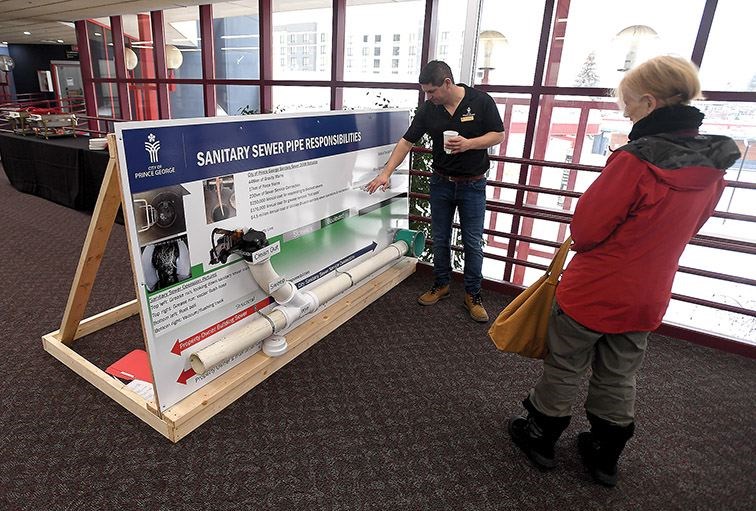City hall has launched an online survey seeking public input on a proposed revamping of the sanitary sewer bylaw that includes codes of practice for restaurants, vehicle repair shops and car washes.
The aim is to reduce the cost of dealing with blockages in the system, consisting of 465 kilometres of sewer mains and 220 kilometres of service connections.
The city typically receives 500 calls per year regarding blocked sewers. The annual cost of responding to those calls and removing grease is about $420,000 per year and the city has sunk $1.7 million into the vacuuming and flushing trucks used to do the work.
As it stands, the current bylaw, which is 13 years old, lacks clarity on responsibility for users, limits the city's ability to control sources, regulate septic waste disposal and enforce regulations, according to the city. Fees and charges also require updating, the city also contends.
If passed as proposed, the new bylaw would set out clear standards for selecting, sizing and installing grease interceptors at restaurants, and detailing what drains and fixtures need to be connected to those interceptors. Restaurants may also be required to install solid food interceptors.
The bylaw would also encourage adequate clean-out schedules and force those who are not meeting the requirements to install alarmed monitoring systems.
As for vehicle repair shops, it would provide standards for selecting, sizing and installing oil water separators and encourage adequate clean out for effective wastewater treatment. The bylaw would allow for alternate treatments designed by qualified professionals.
Oil water separators would also be required in car washes and engine washing would not be allowed without additional wastewater treatment.
As well, water recycling targets are being considered.
Septic sewage haulers are also being eyed. Measures in that regard would include monthly hauling reports, manifests for each load and sample analysis to test for compliance.
The online survey is available until Feb. 15 at www.princegeorge.ca/utilities.



